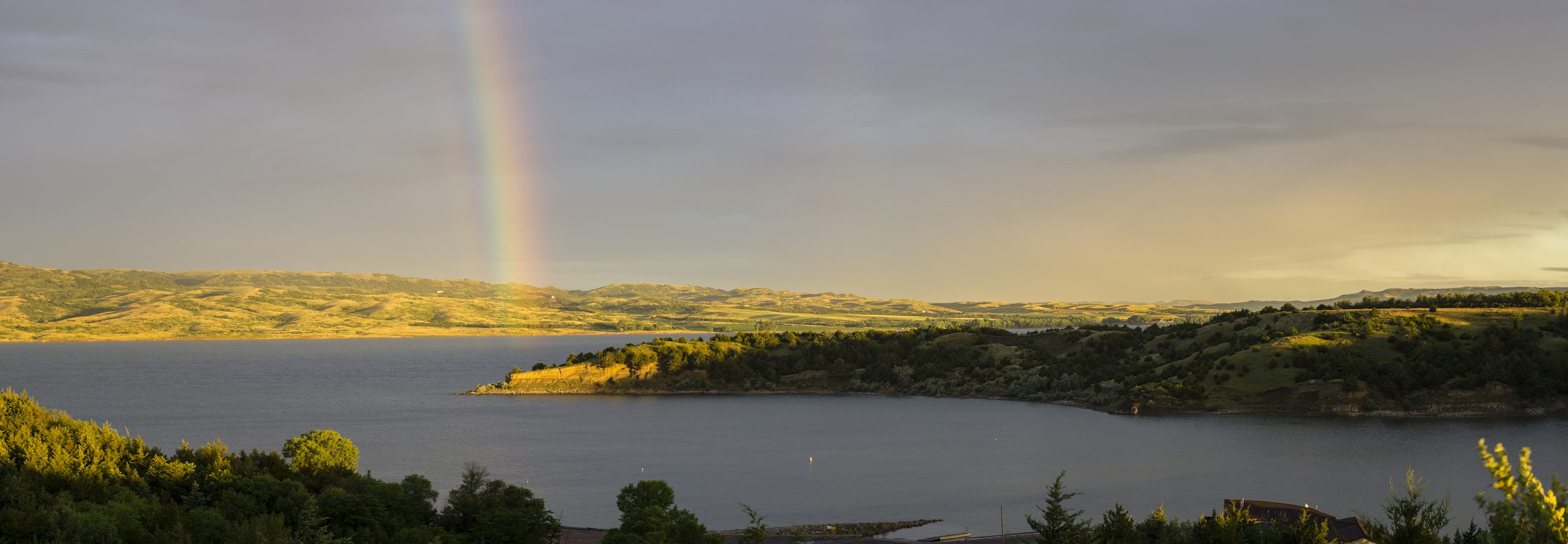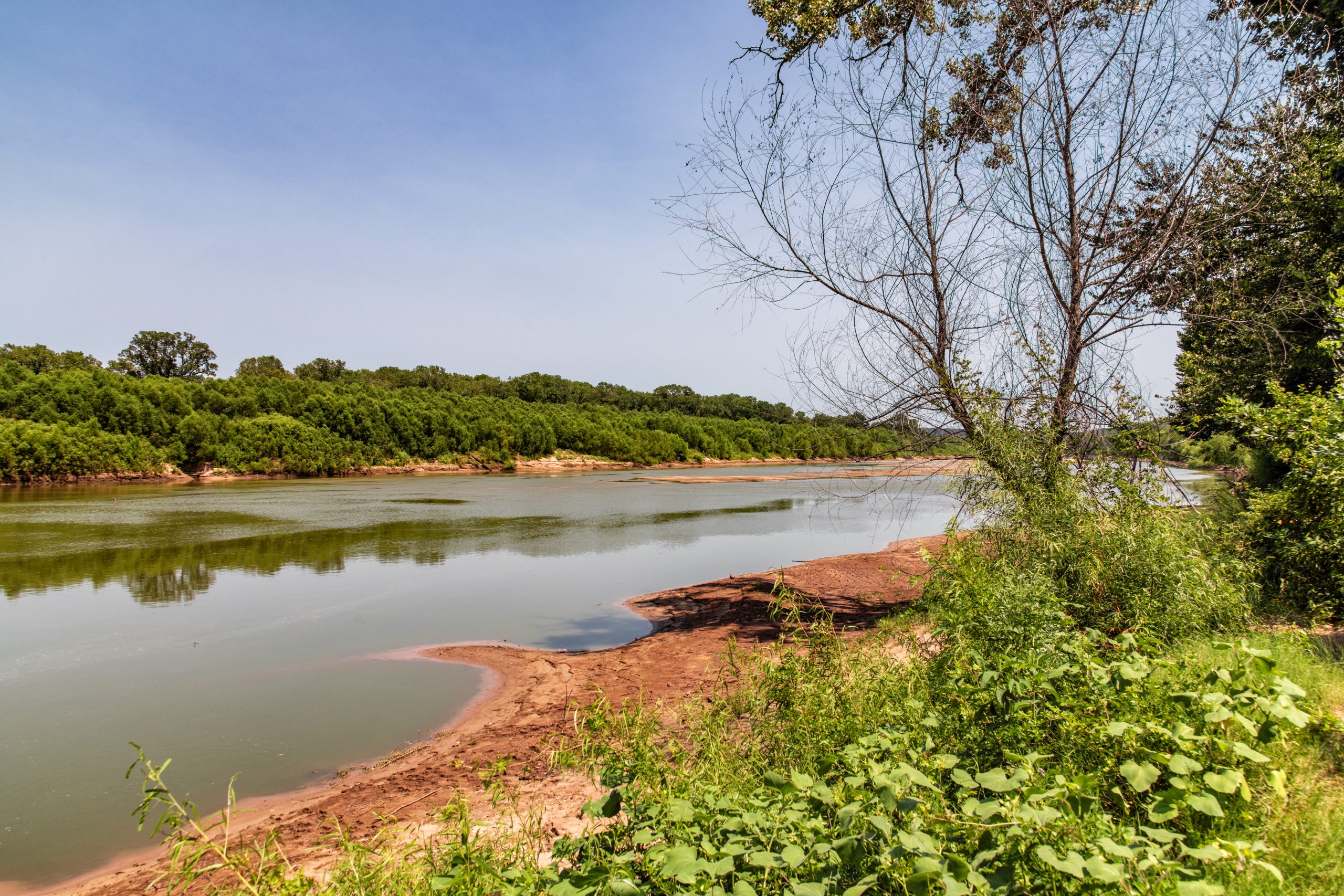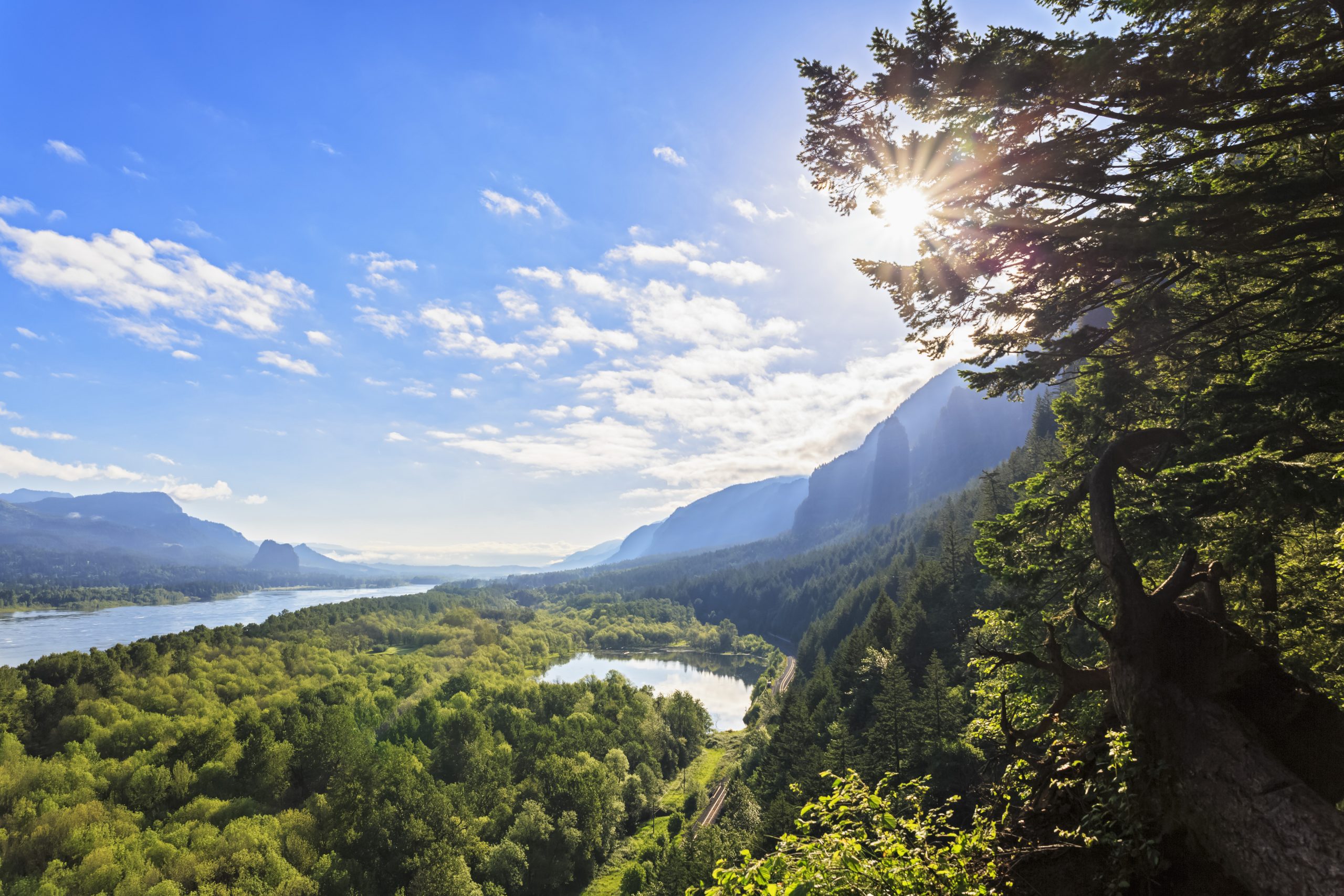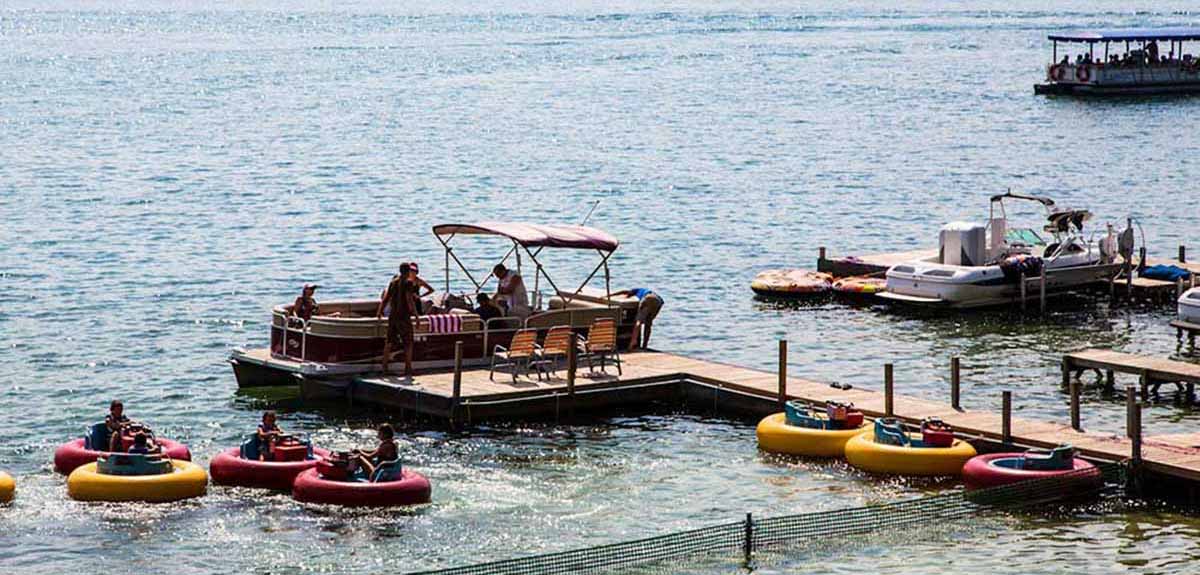The Best Rivers to Fish on Your Next RV Road Trip
Reel in some fish, fun, and memories at any one of these angler-approved river fishing spots.
Image Caption:
The thrill of the fight keeps you coming back. If you speak to anglers all around the world, each will be more than happy to share their top fishing tips and plenty of (pretty tall) tales. The best-kept secret, of course, is ‘the spot.’ That one fishing hole that’s just too good to share with friends, or even family. For many of us anglers in the U.S., these spots are usually lakes, ponds, or little-visited stretches of coastline. One body of water that may not have been on your radar as much may open up a whole new world of fishing fun. That is, of course, rivers.
Rivers have a special place in the ecosystem which makes them an incredible resource for unique species and trophy specimens. The flowing waters ensure richly oxygenated waters and plentiful nutrients for aquatic life to flourish. Rivers also serve as the mass transit system of the waterways, interconnecting countless ponds, lakes, streams, reservoirs, and even oceans. This allows substantial biodiversity, making rivers some of the most exciting fishing spots out there. You never know what you’ll find on the end of your line.
Although anglers might associate rivers with fly fishing for trout (and many are excellent for doing just that), you’ll find plenty of great waters with world-class fishing for bass, walleye, pike, catfish, salmon, and so much more.
Rivers are also perfect fishing locations for RVers on the move. Fishing from the banks of a flowing river offers far more opportunities for angling success compared to the still waters of a lake or pond as fish cruise the currents in search of food. You’ve probably also noticed on your RV road trips that you cross far more rivers than lakes, so you’ll have ample opportunities to fish new spots as you move from campground to campground.
No matter what part of the country you’re exploring, there’s a great fishing river near you. Check out this list of some of the best river fishing spots for you to check out along your future camping adventures.
The North
The Missouri River (South Dakota)

The Missouri River at Platte, South Dakota (image Getty).
At more than 2,500 miles in length, the Missouri is the third-longest waterway in North America. This very twisty and bendy river also widens significantly at many points, offering both open-water and backcountry casting opportunities. The South Dakota section, in particular, offers some of the best game fishing action in the Midwest.
Anglers can target pike, bluegill, catfish, smallmouth bass, walleye, and more. For the best action, locals recommend bottom-bouncing jigs dressed up with a nightcrawler or leeches in about 10-20 feet of water. For more aggressive species like bass or pike, crankbaits near shore are also effective.
The St. Croix River (Minnesota/Wisconsin)
The St. Croix is an incredibly scenic waterway and has been a beloved canoeing option for many years. Although many of the standard sportfish of the northern U.S. can be found here (like smallmouth bass, walleye, bluegill, crappie, and pike), one species, in particular, brings anglers in from all over the country.
Muskellunge (or muskies) are essentially the more toothy, more reclusive big brother of the northern pike. With some of the largest fish at lengths in excess of 50 inches and weighing in at 40+ pounds, these fish are one of the most formidable gamefish in North America. Known as “the fish of 10,000 casts,” muskies are notoriously shy, but with the right crankbait or bucktail spinner, you’ll be in for one heck of a fight.
The South
Red River (Texas/Oklahoma)

The Red River in North Texas (image Getty).
Defining the Texas-Oklahoma border, the Red River is linked to the mighty Mississippi and Gulf of Mexico. Along with the warm climate, this creates a unique environment for several fish species. The Red is relatively underfished, but those that are familiar regard it highly for its monster catfish and huge stripers.
The river also hosts a prehistoric fish that is a wild sight. The ancient spoonbill roams the Red and like sturgeon, muskie, or alligator gar, many anglers consider it a ‘bucket list’ species to catch. Spoonbills are able to detect prey with electrical signals that they pick up through their massive bill and can reach weights in excess of 100 pounds. If you’re lucky enough to get one to bite, hang on for the fight of your life.
The Best River to Fish in the East
St. Lawrence River (New York)
The St. Lawrence is no stranger to die-hard bass fishing fans. Some of the largest tournaments in the country set their sights on this incredible smallmouth bass fishery in upstate New York. One of the things that makes the St. Lawrence so special is that it is interconnected with all of the Great Lakes. And, as it turns north and winds through Canada, it empties into the Atlantic Ocean. To land one of these prized St. Lawrence ‘bronze backs,’ jigs and spinners are your best bet.
The West
Columbia River (Oregon)

The Columbia River in Oregon (image Getty)
There can’t be a guide to the best places for river fishing without mentioning one of the great western trout and salmon fisheries. The 1,200-mile Columbia River is fed by numerous cold mountain streams and empties into the chilly Pacific Ocean, making it an optimal habitat for cold-water species like trout and salmon as well as plenty of other great sportfish like pike, perch, whitefish, and massive sturgeon.
Of course, the main reason anglers visit the Columbia is for the stellar action of the salmon runs in the spring and summer. Well over a million Chinook, Coho, steelhead, and sockeye make the journey each year to the spawning grounds, and the action is absolutely incredible. If you’re looking for fishing action in the pacific northwest, the salmon run on the Columbia is very tough to beat.
River fishing is one of the best ways to get consistent angling action while fishing from shore. This makes it perfectly suited for your on-the-go lifestyle during your RV camping trips. River fishing is quite different from lakes or ponds and for optimal success, you’ll want to have the right equipment. Be sure to have plenty of weights if you plan to use bait because if you don’t, the current will carry it away. For faster-moving lures like crankbaits or spinners, however, you’ll be just fine.





